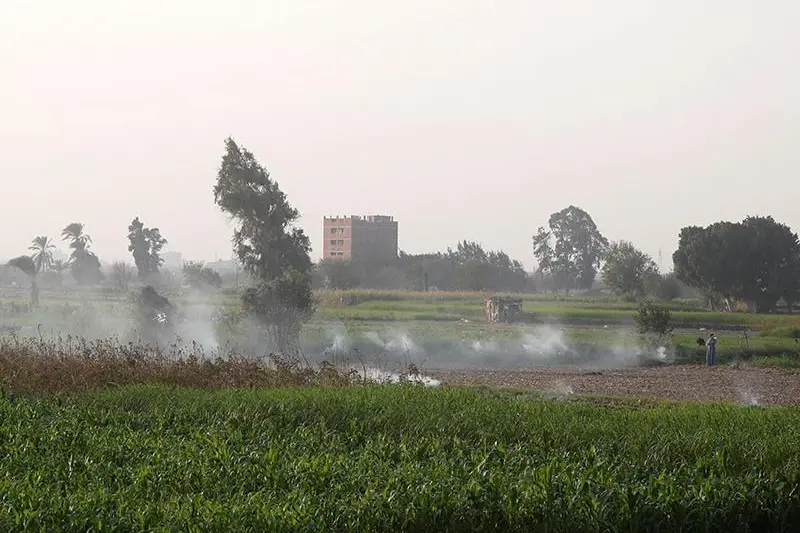PHOTO
Egypt - A new collaborative effort between the Spanish Agency for International Development Cooperation (AECID) and the International Center for Agricultural Research in the Dry Areas (ICARDA) aims to breathe new life into Egypt’s vast deserts. Launched on February 5th, 2024, the “Integrated Desert Farming for Resilient Livelihoods” (IDFRL) project will establish demonstration sites across five governorates, showcasing sustainable farming practices and empowering local communities.
The project will focus on maximizing agricultural productivity while minimizing environmental impact. Demonstration sites in Aswan, Sohag, Qena, Beheira, and the New Valley will showcase innovative techniques like net houses, optimized water and energy use, and climate-resilient crops. This approach aims to enhance food security, create jobs for youth and women, and mitigate migration driven by climate change.
Over a span of two years, the project aims to enhance water and energy use efficiency, increase crop productivity, generate employment opportunities for youth and women, and mitigate climate-induced migration. The beneficiaries of the project are about 2500 farmers with medium landholdings (at least 10% women) as well as large-scale farmers who have the financial capacity to invest in new technologies.
The IDFRL project has its sights set beyond the demonstration sites. By engaging farmers, private actors, and government institutions, the project hopes to foster knowledge sharing and encourage the wider adoption of integrated desert farming practices. This collaborative approach aligns with Egypt’s Agriculture Strategy 2030, particularly its goals of increasing agricultural productivity and achieving food security.
Aly Abousabaa, Director General of ICARDA, said “Desert Farming is rooted in Egypt’s historical conquest of deserts. In collaboration with our partners, we develop new integrated technologies such as net houses to enhance agricultural production and livelihoods and strengthen food systems in deserts amid the climate crisis.”
Eva Suárez Leonardo, Head of the Spanish Cooperation in Egypt, explained “Climate change has become a stark reality, surpassing predictions. In Egypt, with 95% of its land covered by deserts, Integrated Desert Farming emerges as a transformative solution. By converting barren lands, we enhance agricultural resilience and food security in the face of a changing climate.”
AECID, a Spanish public entity dedicated to sustainable development, is a key player in the project. Their focus on ecological transition, gender equality, and migration governance aligns perfectly with Egypt’s Vision 2030 and the Sustainable Development Goals. ICARDA, a research-for-development organization, brings its expertise in dryland agriculture to the table, having implemented successful programs in over 50 countries.
© 2022 Daily News Egypt. Provided by SyndiGate Media Inc. (Syndigate.info).





















